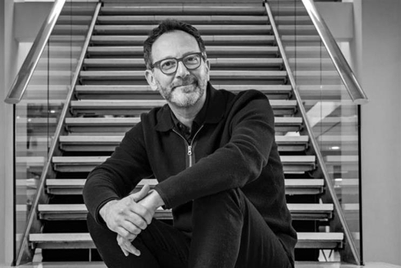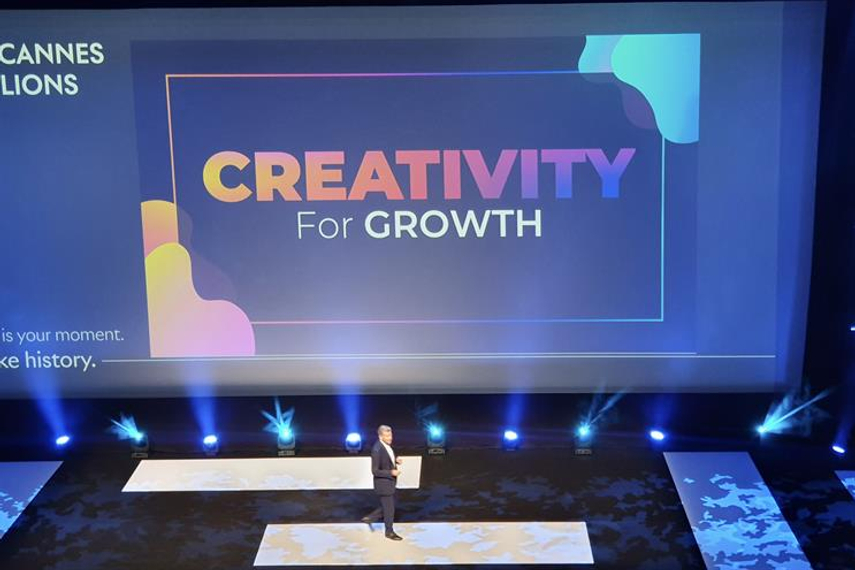
“The power of creativity for growth could be considered our industry’s most fundamental reason for being,” according to Marc Pritchard, chief brand officer at Procter & Gamble.
Speaking at the Cannes Lions International Festival of Creativity 2022, Pritchard said that as investments come under increased scrutiny with inflation and costs rising, many chief marketing officers are asking themselves how they can convince their chief executives and chief finance officers that marketing creates value.
“And, as we continue to face disruptions in the world around us, it may be more important than ever to double down on our core job, our collective priority and responsibility and the superpower that no other industry has – creativity for growth,” he said.
Pritchard argued that creativity can also extend to “doing good”, because it makes markets bigger, which in turn inspires innovation and advances economic inclusion.
“It’s creativity that is a force for growth, which by itself, is a force for good – starting with economic good – which benefits the employees in our companies, the retailers, suppliers, providers, partners we work with and the shareholders who own our companies, and the communities in which we live and work.
“And when we do our core job of creating value as a force for growth, that, in turn, gives us the means to be an even broader force for good – in ways that help society and the planet.”
He detailed that there are a few beliefs that guide P&G’s creative efforts, including that creativity must feel personal, communicate performance and build trusted partnerships.
“It’s a deeply human endeavour that starts with meaningful insights about people’s lives, their needs, wants, behaviours, feelings, hopes and dreams – that are transformed into creative ideas that touch them in a way that feels like ‘you’re speaking directly to me’,” Pritchard noted.
“That’s the joy of creativity. It touches hearts and minds, gives people something of personal value, and can make them smile, laugh, cry, act and, of course, buy.”
He said that because P&G provides daily-use products, performance is important, but this leads to a degree of creative difficulty.
“We need to convey what that everyday product is, what it does, how to use it, why it’s better – and do so in a way that’s useful and interesting – the equivalent of a full twisting double back somersault with a half gainer from a tightrope to a tightrope,” he added.
Touching on a few examples from P&G’s brands, Pritchard stated that Pampers – its largest and most global brand – has “transformed through creativity that builds personal, one-to-one connections with new parents”.
To increase the number of interactions the brand has with new parents, it has created a due date calculator, as well as a rewards app and a baby name selector.
Pampers works with Publicis Groupe agency Saatchi & Saatchi, which created the #PampersforPreemies campaign in 2019.
“Pampers has also expanded into new partnerships to develop documentary films for The Queen Collective – like Black Birth and Bone Black – doing good by bringing awareness to address the realities of black maternal health,” Pritchard added.
He also discussed campaigns for Venus, a brand that has gone from featuring skinny white women in bikinis in its ads to a more inclusive approach.
“I’ll never forget [that] uncomfortable meeting, when we discussed how out of step with culture the brand had become,” Pritchard said.
“Enter the MVPs – most valuable partners – from Grey, who tapped into the human insight that skin is central to the expression of who we are as individuals, and ‘My skin my way’ was born – a beautifully diverse, equal, and inclusive campaign that effectively communicates performance.”
Pritchard further highlighted work from Tide, which is working with Nasa to develop detergents for astronauts, as well as Old Spice, which has made a “deliberate creative shift” to become more inclusive to black men and women.
“[Old Spice] wanted to see black men represented accurately as sophisticated and smooth, not brash and loud,” he said.
The result was the “Men have skin too” campaign created by Wieden & Kennedy.
In addition to brands, P&G is also taking action as a company to advance creativity for growth and good with “Widen the screen” – a content creation, talent development, and partnership platform enabling equal representation and inclusion of diverse creators across the advertising, film and media ecosystem.
Concluding his speech, Pritchard said: “We will inevitably face disruptions and challenges ahead, and will likely get questions like ‘should we invest in marketing?’ and ‘is there a business case for creativity?’ and ‘does our industry matter?’
“Well, the answer to those questions is ‘yes’, ‘yes’ and ‘yes’.
“Creativity for growth is the superpower of the creative leaders and visionaries at this festival and of all the talent in this room."
(This article first appeared on CampaignLive.co.uk)



.jpg&h=334&w=500&q=100&v=20250320&c=1)


.jpg&h=334&w=500&q=100&v=20250320&c=1)



.jpg&h=334&w=500&q=100&v=20250320&c=1)

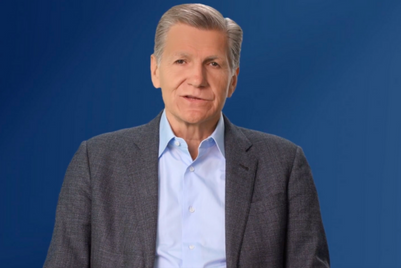
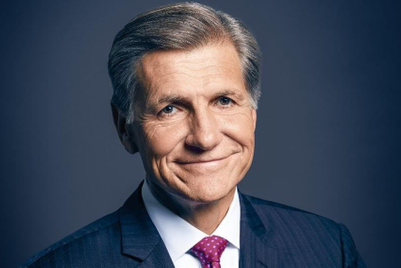
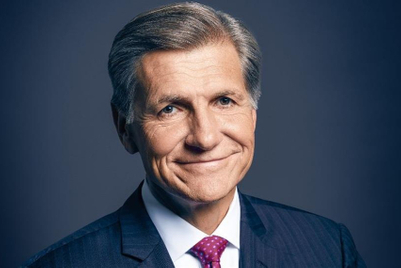


.jpg&h=268&w=401&q=100&v=20250320&c=1)
.jpg&h=268&w=401&q=100&v=20250320&c=1)
